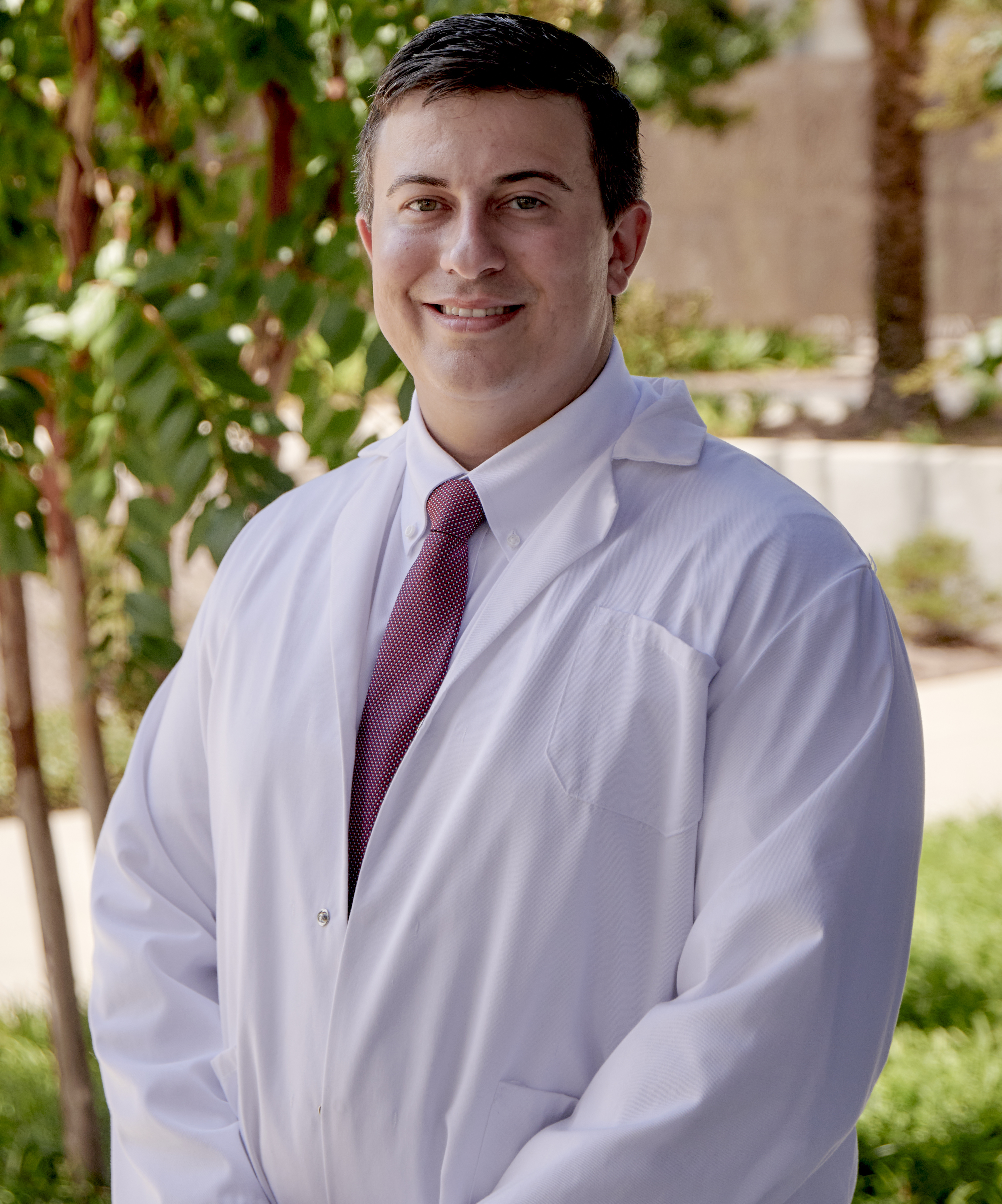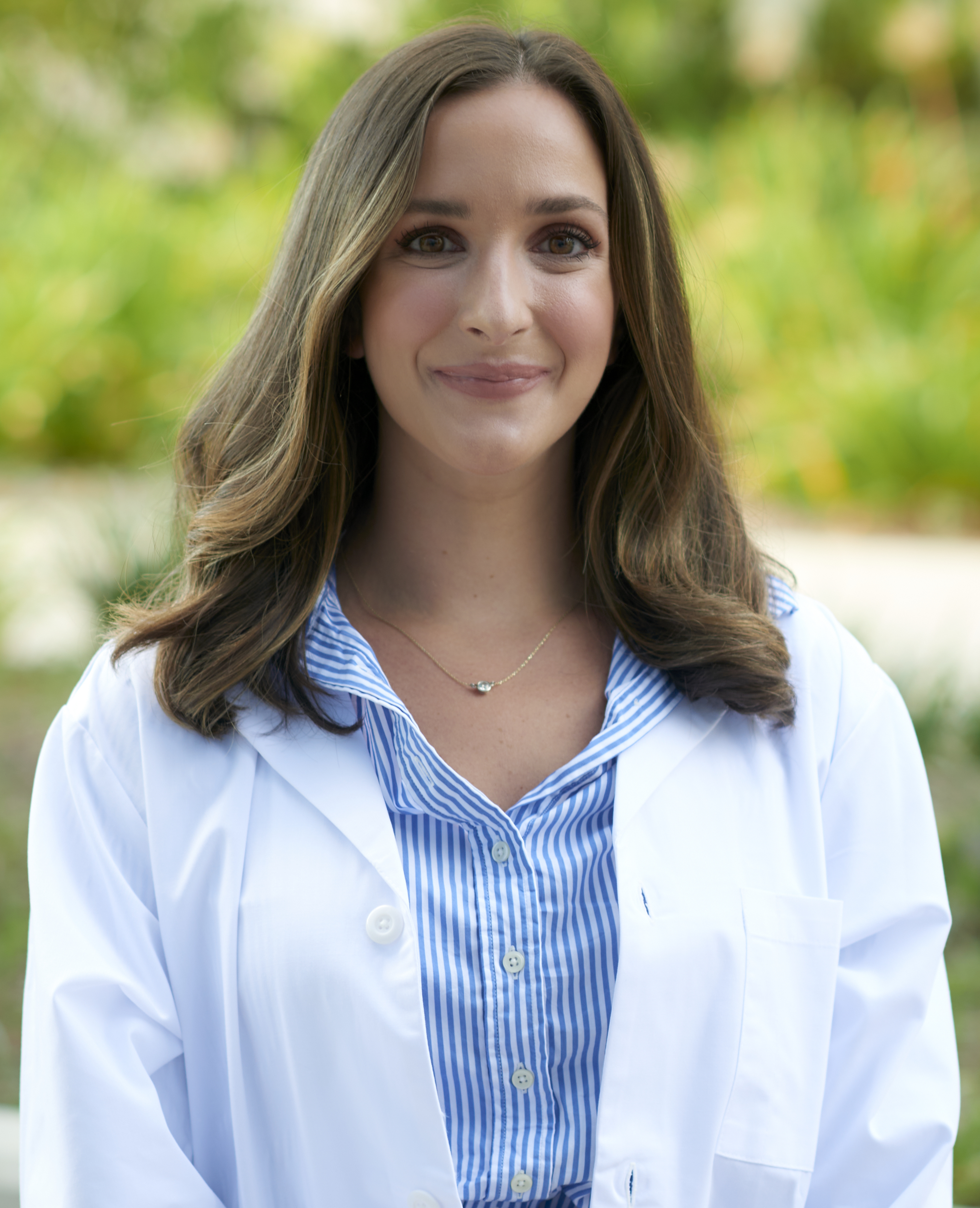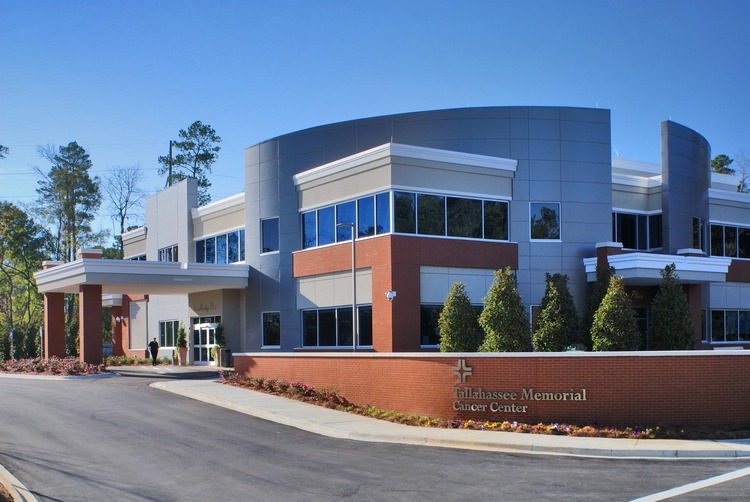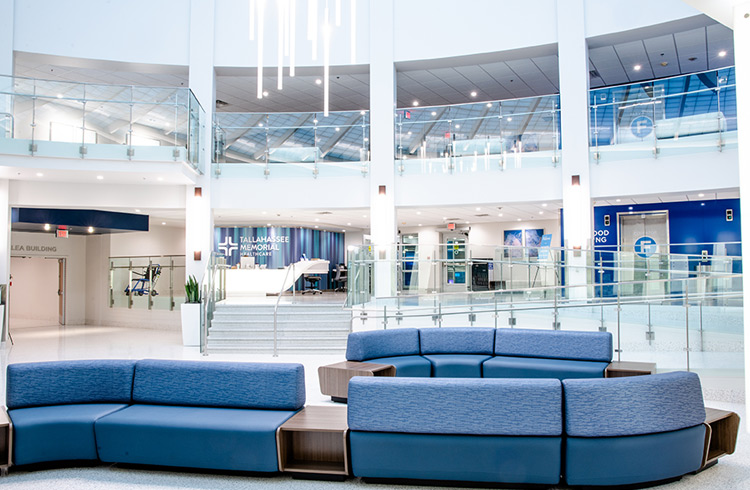Don't Die of Embarrassment - Talk to Your Doctor About Your Colon Health
We understand it can feel a little uncomfortable or even embarrassing to talk about your colon health – even with your doctor – but, no one should die because they’re too embarrassed to discuss a potentially fatal medical condition.
Colorectal cancer is the third most common cancer diagnosed in both men and women in the United States (excluding skin cancers). The lifetime risk of developing colorectal cancer is 1 in 23 for men and 1 in 25 for women. And, while overall incident rates have dropped over the years, rates have been increasing in adults younger than 55 for several decades.
Signs of colorectal cancer could include:
- Abdominal pain or tenderness
- Unexpected weight loss
- Blood in your stool that makes it appear dark brown, black or tarry
- Rectal bleeding
- Changes in bowel habits, such as diarrhea, constipation or narrow stool that lasts for more than a few days
If you persistently experience any of these symptoms, you should speak with your primary care provider right away.
Colorectal Cancer and Screening
Screening is the easiest way to find colorectal cancer in its earliest stages. Screening helps healthcare providers find and remove precancerous polyps before they turn into cancer.
The U.S. Preventative Services Task Force (USPSTF) recommends that adults should receive routine colorectal cancer screening from age 45 to age 75.
The USPSTF also recommends speaking with your primary care provider about earlier screening or increased screening intervals if you have:
- Inflammatory bowel disease such as Crohn’s disease or ulcerative colitis.
- A family or personal history of colorectal cancer or polyps.
- A genetic syndrome such as familial adenomatous polyposis or hereditary non-polyposis colorectal cancer (Lynch syndrome).
TMH is Home to the Region’s Only Fellowship-Trained Colorectal Surgeon
Tallahassee Memorial HealthCare (TMH) is home to the region’s only fellowship-trained colorectal surgeon. Jarrod Robertson, MD, brings highly specialized surgical care to local patients diagnosed with colorectal cancer and other diseases of the lower gastrointestinal tract.
Learn more about Dr. Robertson
The Multidisciplinary GI Conference at The Tallahassee Memorial Cancer Center
The GI Conference
The Tallahassee Memorial Cancer Center’s Gastrointestinal (GI) Cancer Conference is the first and only program of its type in the Big Bend region. Patients with a diagnosis of GI Cancer – which could include esophageal, pancreatic, gastric or colorectal cancer – can be referred to the conference, which is a collaborative approach to treating individual cancer cases from a multidisciplinary team of the region’s leading cancer specialists.
Led by Dr. Jarrod Robertson, the region’s first fellowship-trained colorectal surgeon, and Cilla Poppell, MD, Radiation Oncologist with TMH Physician Partners – Radiation Oncology, the conference leverages the expertise of surgeons, medical oncologists, radiation oncologists, pathologists and radiologists to review every referred case and develop an individualized treatment plan for each patient. Treatment could include surgical intervention, targeted therapies, as well as other treatments and support services through TMH.
Following the conference, our GI Cancer Navigator will coordinate the needed appointments, diagnostics and other procedures for the patient, creating a seamless experience for the patient and their caregiver(s).
The Tallahassee Memorial Cancer Center
The only cancer center program in the Big Bend region to offer hematology/oncology, radiation oncology surgical oncology and gynecologic oncology all under one roof, the Tallahassee Memorial Cancer Center is known for its highly-trained medical team and for delivering the most powerful treatment options.
Accredited since 1951 by the American College of Surgeons Commission on Cancer, the Tallahassee Memorial Cancer Center is the longest continuously accredited comprehensive community hospital cancer program in the State of Florida.
Learn More About the Cancer Center
